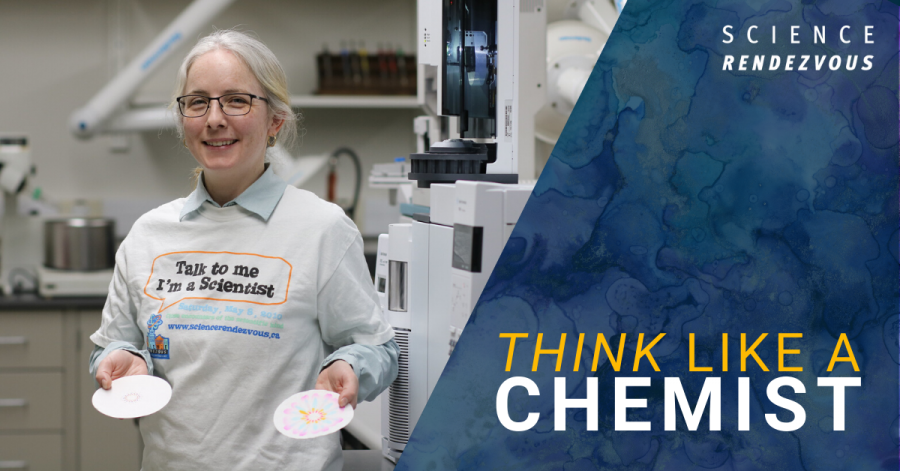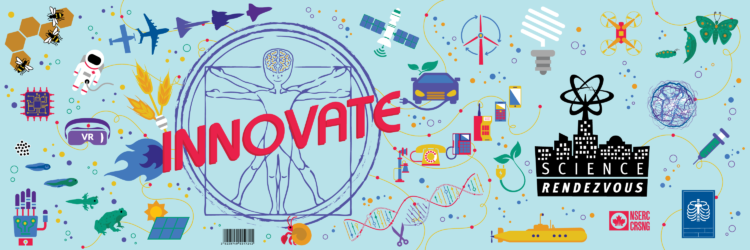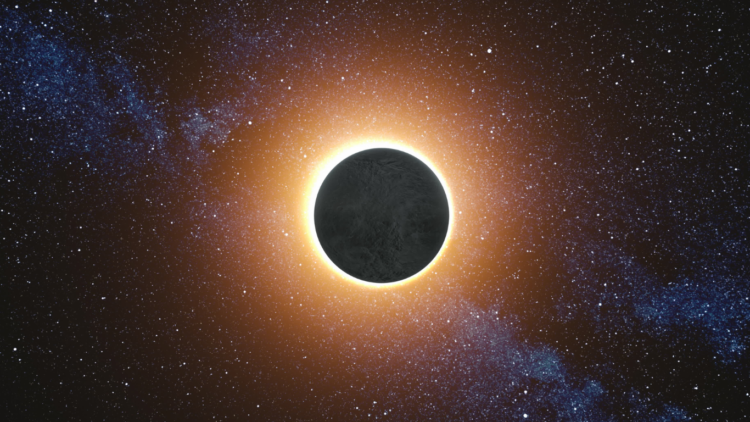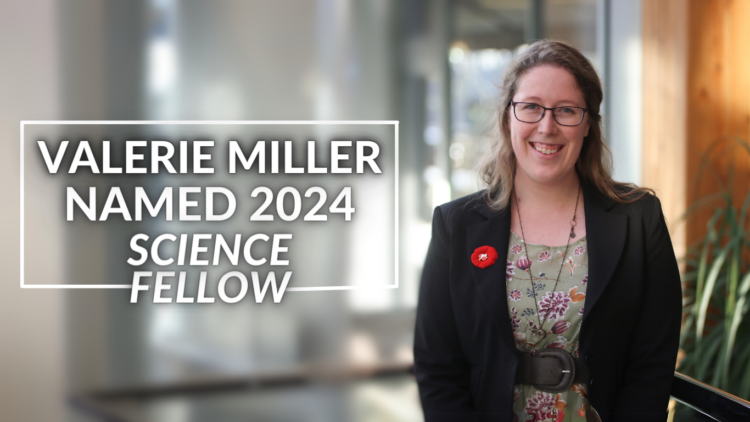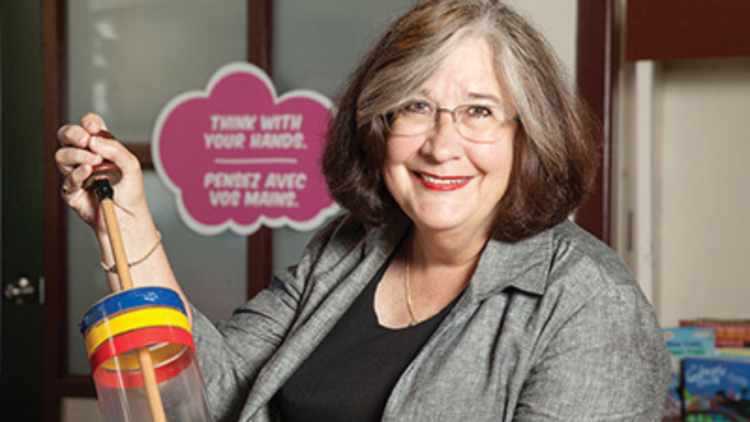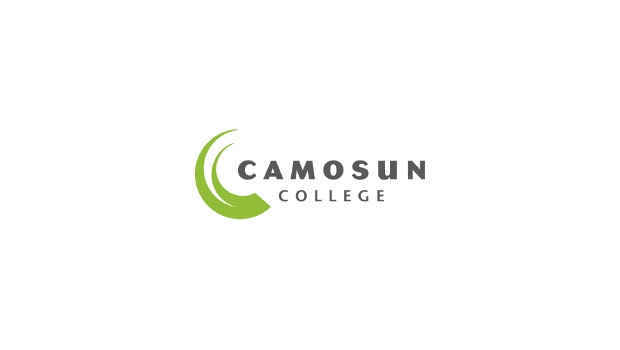Chemistry is a great way to solve problems creatively and it’s one of Dr. Tabitha Wood’s favourite things about her research at the University of Winnipeg.
Following three years of volunteering for Science Rendezvous in Toronto and moving to Manitoba for a new position, her department chair approached her with an opportunity she had heard about. Dr. James Xidos at the University of Manitoba wanted to collaborate with UWinnipeg on future Science Rendezvous events in Winnipeg.
Despite being inundated with her new professor workload, Wood quickly embraced the opportunity. Now, she sits on Science Rendezvous’ Board of Directors.
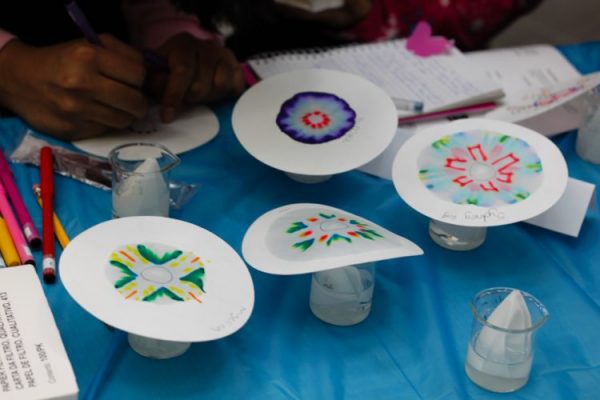
Flower Chromatography (Photo: Tabitha Wood)
“Something that has stayed the same from year to year is the unwavering generosity and enthusiasm of our volunteer students and faculty,” Wood says. “We always find scientists with energy and cool ideas for demonstrations.”
Those demonstrations have ranged from fantastic chemistry potion classes and a phosphorescent glow wall, to liquid nitrogen ice cream and an oobleck pool! One that Wood runs is creating flowers by making marker ink move on paper with water. This beautiful activity harnesses the principle of chromatography, a technique used in chemistry that separates mixtures based on how fast their components move through a medium. Here, the dyes in the ink move on the paper based on what they’re made of.
Her decade-long experience has allowed Wood to see first-hand the importance of engaging the public with science. “If Canadians can see the value in the research being done,” she says, “they will continue to support its importance.”
Though Science Rendezvous in-person events were cancelled this year, the University of Winnipeg continues to encourage families to explore science and think like a scientist! Dr. Tabitha Wood has provided an activity to guide participants in thinking like a chemist, using her chromatographic flowers as an example. The activity breaks down the process into five key elements: Observe, Research, Experiment, Analyze and Share — you can check out the activity here!
Last year, Wood contributed to a new, innovative demonstration, the Amazing Sounds of Science, which explored music perception, musical instruments and the human voice. We’re looking forward to seeing all the amazing activities come back next year on May 8, 2021, and what other new and exciting demonstrations will come to fruition!
